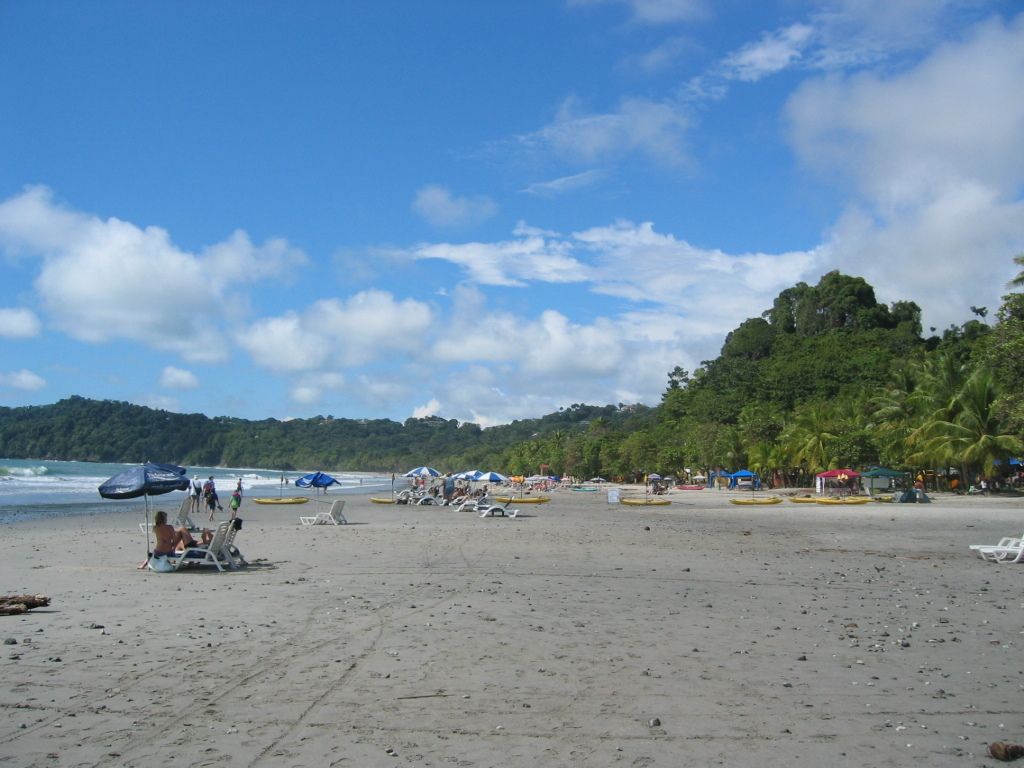Alps Facing Soaring Temperatures: Shift in Tourism Trends High Up
Shift in tourism trends due to climate change: increasing preference for mountain destinations - Soaring heat reshaping holiday preferences
Welcome to the new tourism reality in the Alps! Here's what you need to know about the swiftly changing climate and its effects on the region's tourism scene, taking a no-holds-barred approach. Lace up those hiking boots and join us for a ride.
Rising Heat and Tourism Shifts
Climate change is hitting the Alps hard: temperatures are climbing, and natural calamities are increasing. Winter sports become difficult according to altitude, but the summer season extension may entice tourists looking for cooler climes. The "Climate.Sport.Snow" expert group highlighted these findings at the Alpine Climate Summit on Zugspitze.
Mind-Blowing Warming Statistics
The average warming in the Alpine region since the pre-industrial era has been a staggering 2.5 degrees in Germany, 3.1 degrees in Austria, and 2.9 degrees in Switzerland. Get ready for an additional 2 degrees by the end of the century, predict the experts.
Swiss Glaciers: A Tale of Loss
According to the experts' projections, these rising temperatures will inevitably lead to further signals of change in Switzerland: Glaciers have shrunk by roughly 60% since 1850, and the freezing level has risen by 300 to 400 meters since 1961. Bye-bye, winter sports as we know them!
Upwardly Mobile Summer Tourism
It's getting too hot for leisure vacations in sun-drenched Mediterranean holiday destinations, so the temperature-wise wise move? Higher! Adieu to some rituals, but here's where the silver lining lies: Alpine vacation opportunities will see a lift.
Climate-Friendly Vacations: A Wise Choice
The Alps' growing appeal as an eco-conscious travel destination comes with a climate-friendly bonus. Increasing tourist pressure on the Alps means shifting attention to the mountains. "From a climate standpoint, an Alpine vacation is a greener choice," said Harald Kunstmann.
Mounting Calamities: A Wake-Up Call
Climate change's impact was underscored by a landslide in Blatten, Switzerland, that destroyed a measuring station, according to Sven Kotlarski. The disaster may have been triggered by permafrost melting, where once-frozen soil acted as a natural stabilizer. Whether it's days like this or weather extremes, the call to arms is loud and clear: adapt or perish!
Hikes, Hikes, and More Hikes: The Answer to Climate Change?
As winter sports face bleak prospects, mountaineering, hiking, and outdoor activities emerge as potential saviors. Don't expect a walk in the park, though; the escalating frequency of extreme events in the Alps necessitates increased resilience from the tourist industry and adventurers alike.
Embracing a New Tourism Paradigm
The Alps' tourism landscape plagued by climate change generates a domino effect, from spring's early arrival and the glaciers' retreat to the multiplication of natural disasters. Navigating these challenges calls for embracing resilience and fostering sustainable socio-economic development.
The Road Ahead
- As temperatures rise, there's a window of opportunity to capitalize on extended summer seasons, provided the Alps can adapt and prioritize climate-conscious practices.
- Glacier retreat poses dire consequences for winter sports, underscoring the need for creative solutions to ensure the long-term viability of the alpine tourism industry.
- Adapting to a climate-altered Alps demands resilience and ingenuity, much needed for contemporary priorities such as the BeyondSnow project, which fosters sustainable development strategies and innovative decision-making tools.
- The cascading socio-economic impacts of losing snow cover and glacier retreat will hit small and medium-altitude destinations hardest, necessitating swift implementation of adaptation and sustainability measures.
- The community policy should prioritize eco-conscious practices and sustainable socio-economic development in the Alps, particularly in the light of climate change causing extended summer seasons and the retreat of glaciers.
- Given the impact of climate change on the Alps, the employment policy should focus on nurturing resilience and adaptability in the tourism sector, emphasizing mountaineering, hiking, and outdoor activities as potential saviors.
- As climate change presents mounting calamities in the Alps, the employment policy in the health-and-wellness and fitness-and-exercise sectors should adapt to address the increasing frequency of extreme events and focus on promoting a climate-friendly approach to tourism.








